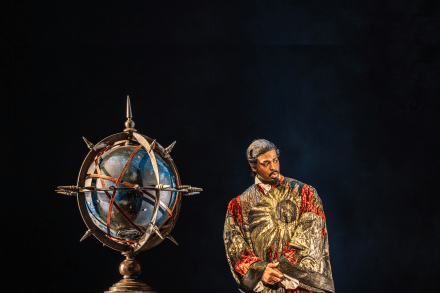Evgeny Kissin's stand-in brings the house down
It was such an enticing programme, too. The Philharmonia had booked Evgeny Kissin, the last great piano prodigy of the Soviet era and one of the superstars of the late 1980s and early 1990s. And then there was the music: three Russian showpieces, including Rimsky-Korsakov’s enchanting and almost unplayed (in the UK, anyway) single-movement Piano




















